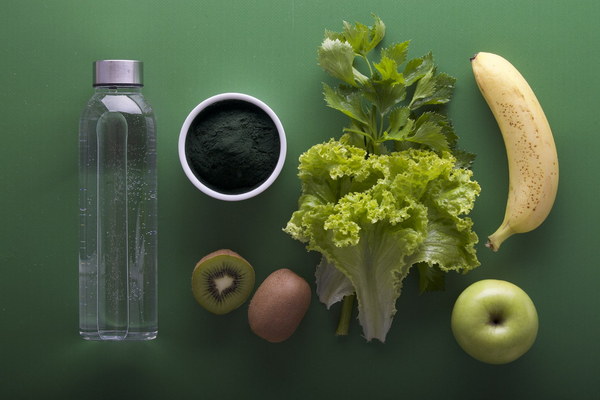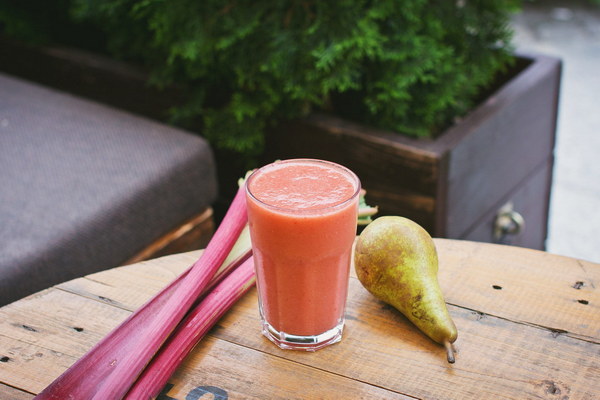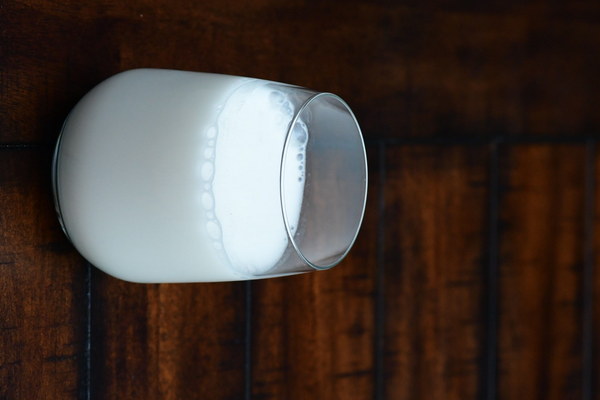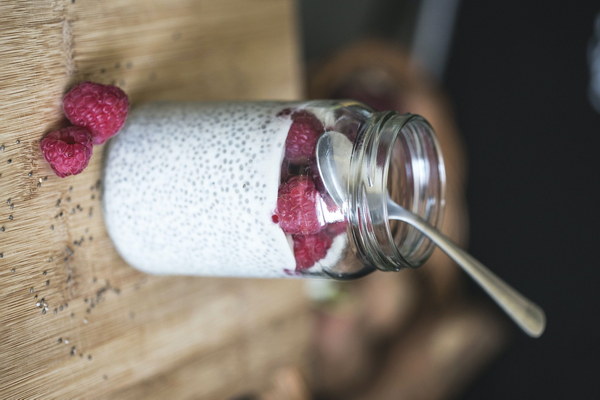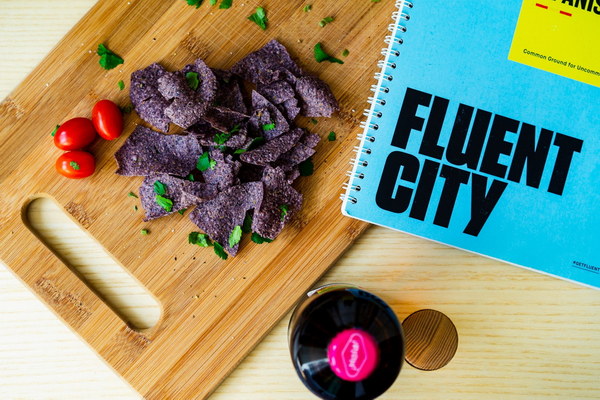Nourishing Your Spleen and Stomach A Delightful Salty Rice Congee Experience
In the realm of traditional Chinese medicine, the health of the spleen and stomach is considered crucial to overall well-being. Among the numerous recipes that promote digestive balance and fortify the body's core, the salty rice congee stands out as a soothing and replenishing dish. Known as Yang Pi Xian Zhou in Chinese, this savory porridge is not only a comfort food but also a therapeutic meal for individuals with weakened spleen and stomach functions. Let's delve into the benefits of this traditional concoction and how to prepare it at home.
The Spleen and Stomach Connection
The spleen and stomach are vital organs in Chinese medicine, responsible for transforming food into nutrients that sustain the body. A healthy spleen and stomach ensure proper digestion, absorption of nutrients, and the distribution of energy (Qi) throughout the body. When these organs are imbalanced, symptoms such as fatigue, bloating, indigestion, and weight gain may arise.
The Salty Rice Congee: A Spleen and Stomach Saver
The salty rice congee is a staple in Chinese households, particularly during times of illness or when the body needs extra nourishment. The combination of rice and salt has a soothing effect on the digestive system, while the warmth of the porridge aids in promoting blood circulation and strengthening the spleen and stomach.
Key Ingredients and Benefits
1. Rice: The main ingredient in salty rice congee, rice is easy to digest and provides a source of energy. It also helps to replenish the body's fluids and calm the mind.
2. Salt: Salt plays a crucial role in balancing the body's fluids, enhancing the flavor of the congee, and promoting the absorption of nutrients. It is also believed to help regulate the spleen and stomach function.
3. Water: The amount of water used is essential to ensure the congee has the right consistency and therapeutic properties.

How to Prepare Salty Rice Congee
To prepare a pot of healing salty rice congee, follow these simple steps:
1. Measure the Ingredients: Use two cups of rice and four cups of water for a basic recipe.
2. Rinse the Rice: Rinse the rice thoroughly to remove any impurities or excess starch.
3. Cook the Rice: Place the rice in a pot and add the water. Bring the mixture to a boil over high heat, then reduce the heat to low and simmer for about 30 minutes, stirring occasionally.
4. Add Salt: Once the rice has softened and the congee has reached a creamy consistency, add a pinch of salt and stir well.
5. Serve: Remove the pot from the heat and let it sit for a few minutes. Serve the salty rice congee warm, perhaps with a sprinkle of ginger or a dollop of sesame oil for added flavor.
Enjoying the Benefits of Salty Rice Congee
Incorporating salty rice congee into your diet can offer numerous health benefits, including:
- Improved Digestion: The soothing properties of the congee help to ease digestion and reduce bloating.
- Enhanced Nutrient Absorption: The combination of rice and salt promotes better absorption of nutrients, leading to improved energy levels and overall well-being.
- Stomach and Spleen Support: The dish strengthens the spleen and stomach, which can alleviate symptoms associated with these organs' imbalances.
While salty rice congee is a wonderful addition to a balanced diet, it's essential to remember that moderation is key. Enjoying this traditional dish as part of a well-rounded meal plan can help you maintain optimal digestive health and vitality.
In conclusion, the salty rice congee is a delightful and healthful meal that offers numerous benefits for the spleen and stomach. By understanding the connection between these organs and the properties of the ingredients, you can prepare and enjoy this traditional dish as a means to nourish your body and mind. So, the next time you're feeling under the weather or simply want to bolster your digestive system, reach for a pot of salty rice congee and savor the warmth and comfort it brings.

